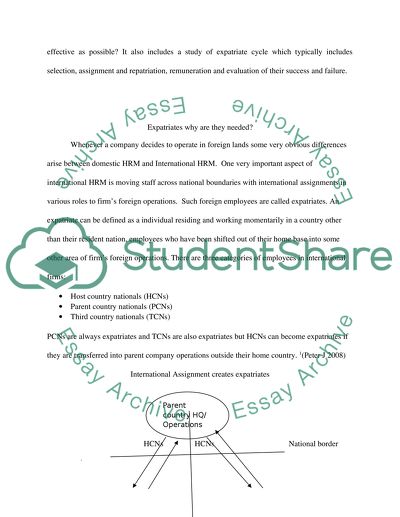Cite this document
(“Analyse the critical HR actions multinational corporations should take Essay”, n.d.)
Retrieved from https://studentshare.org/environmental-studies/1411111-analyse-the-critical-hr-actions-multinational
Retrieved from https://studentshare.org/environmental-studies/1411111-analyse-the-critical-hr-actions-multinational
(Analyse the Critical HR Actions Multinational Corporations Should Take Essay)
https://studentshare.org/environmental-studies/1411111-analyse-the-critical-hr-actions-multinational.
https://studentshare.org/environmental-studies/1411111-analyse-the-critical-hr-actions-multinational.
“Analyse the Critical HR Actions Multinational Corporations Should Take Essay”, n.d. https://studentshare.org/environmental-studies/1411111-analyse-the-critical-hr-actions-multinational.


